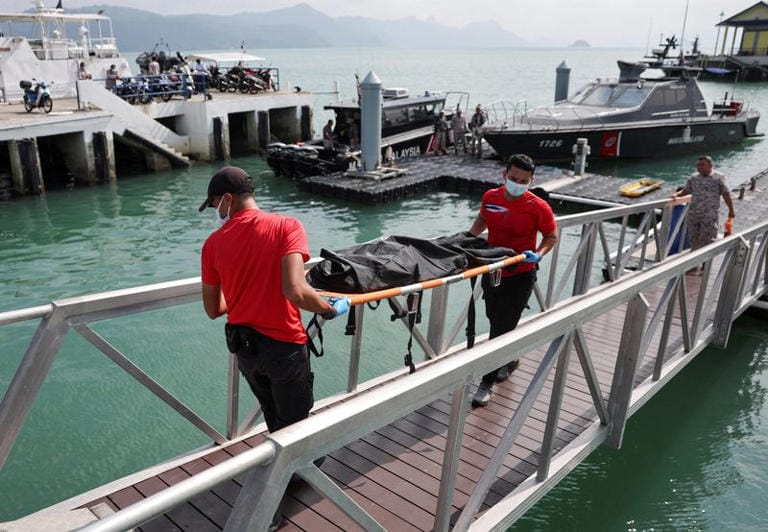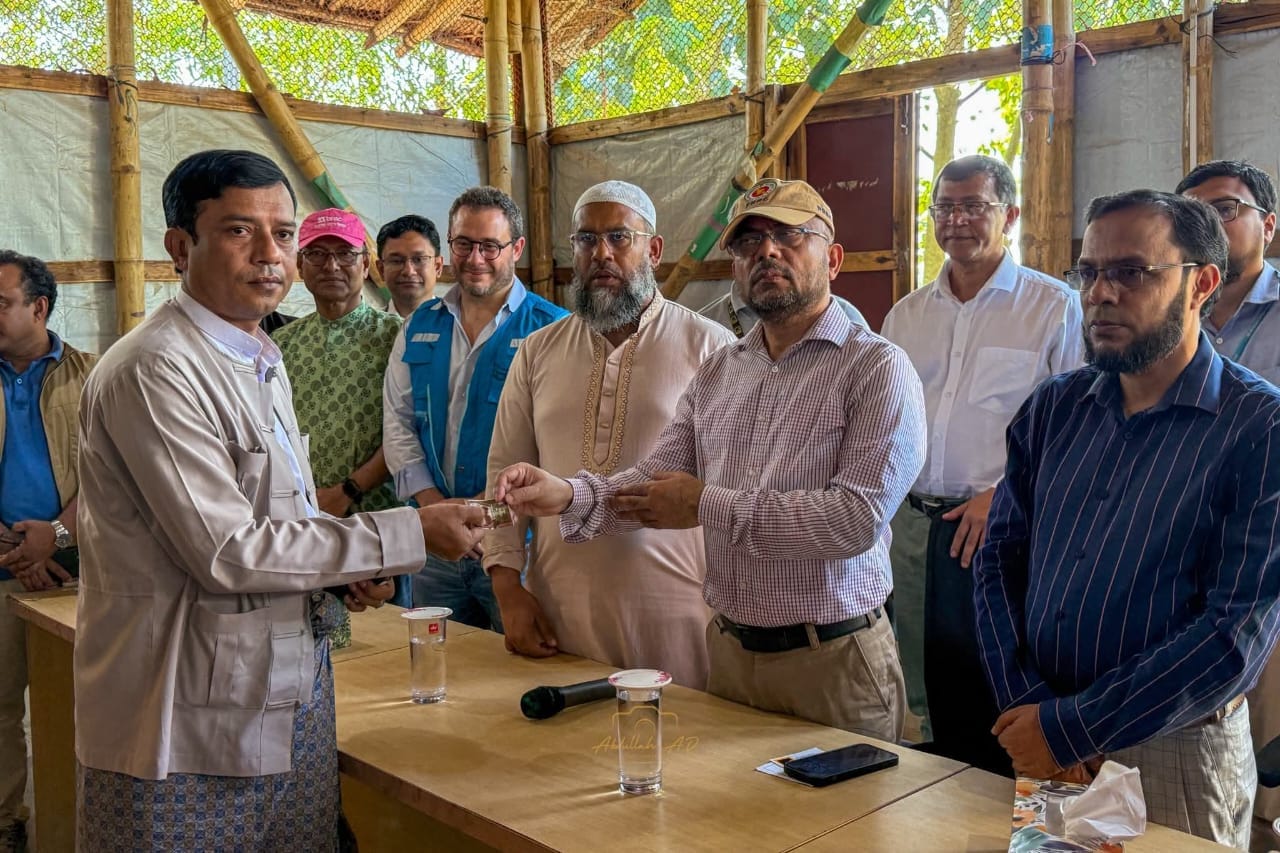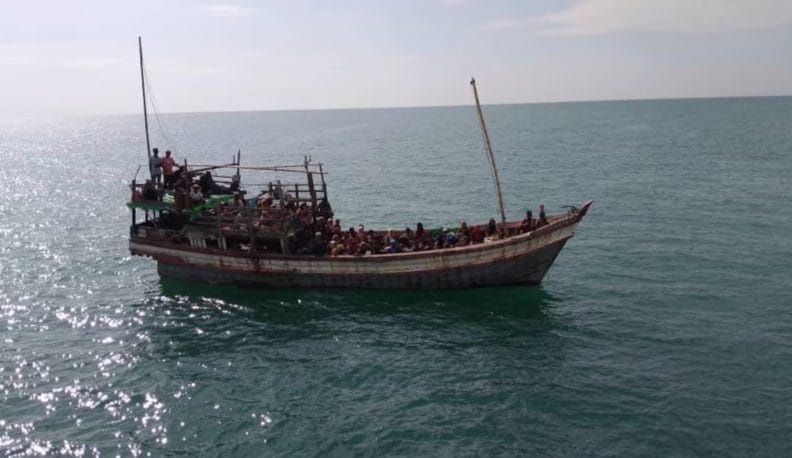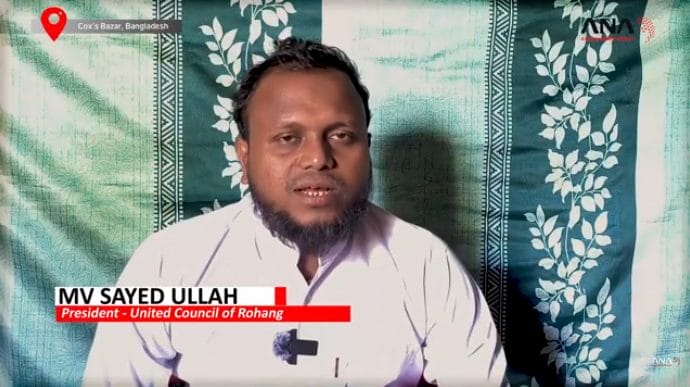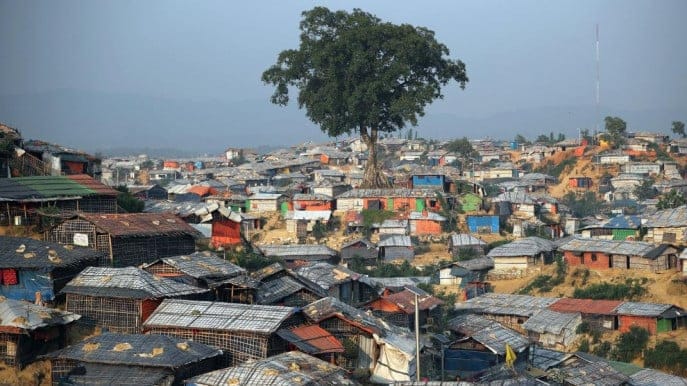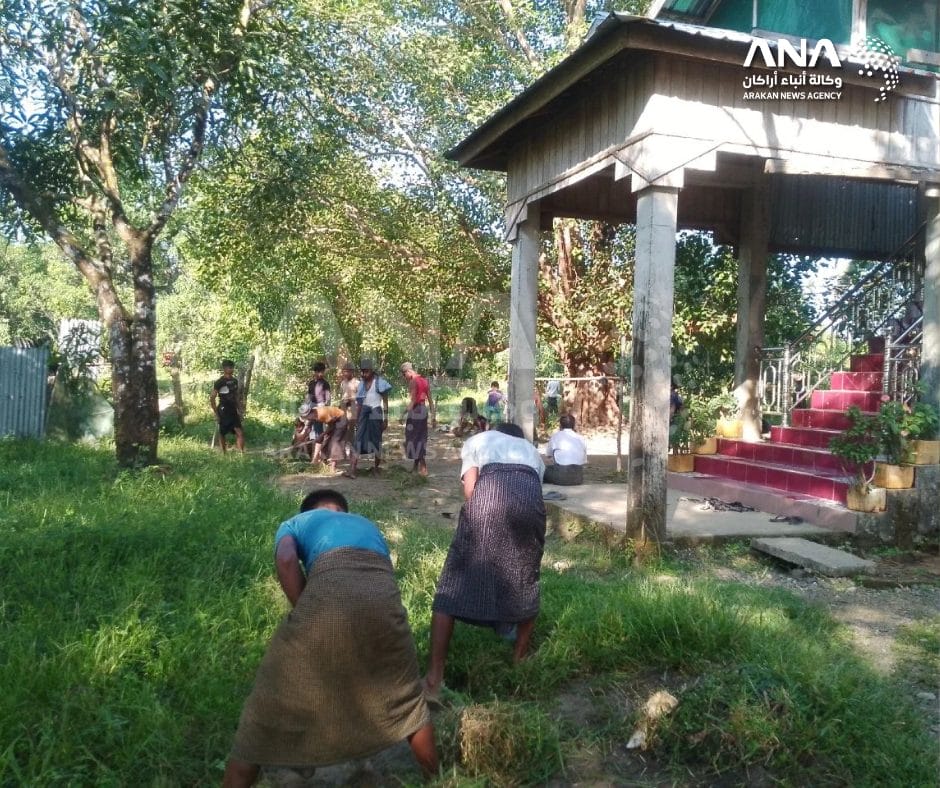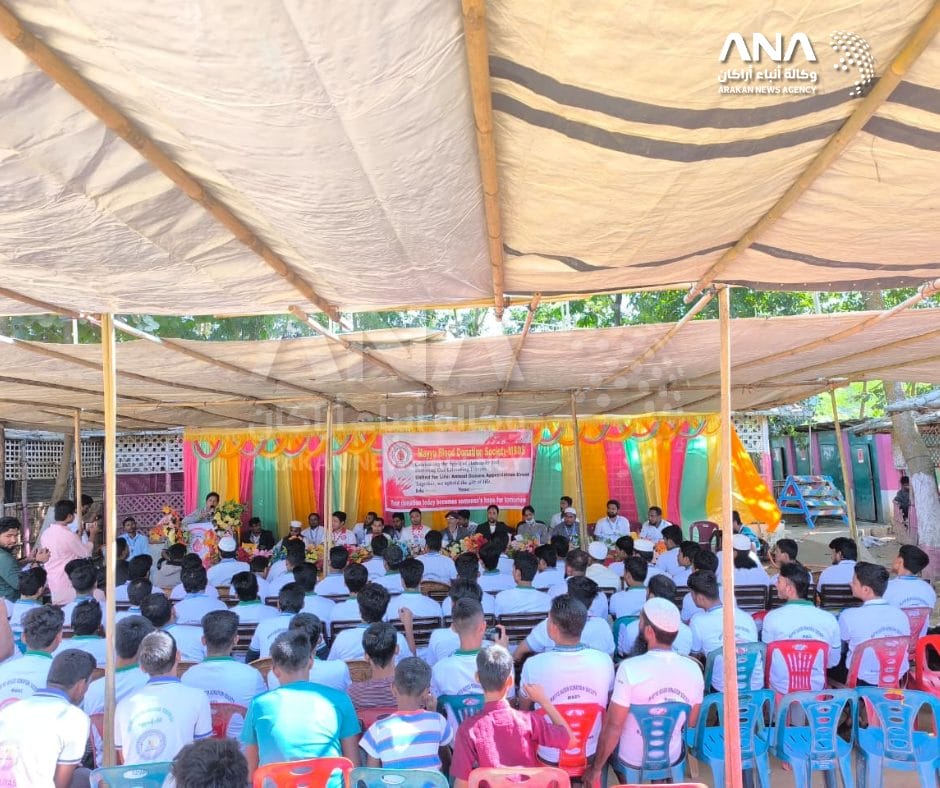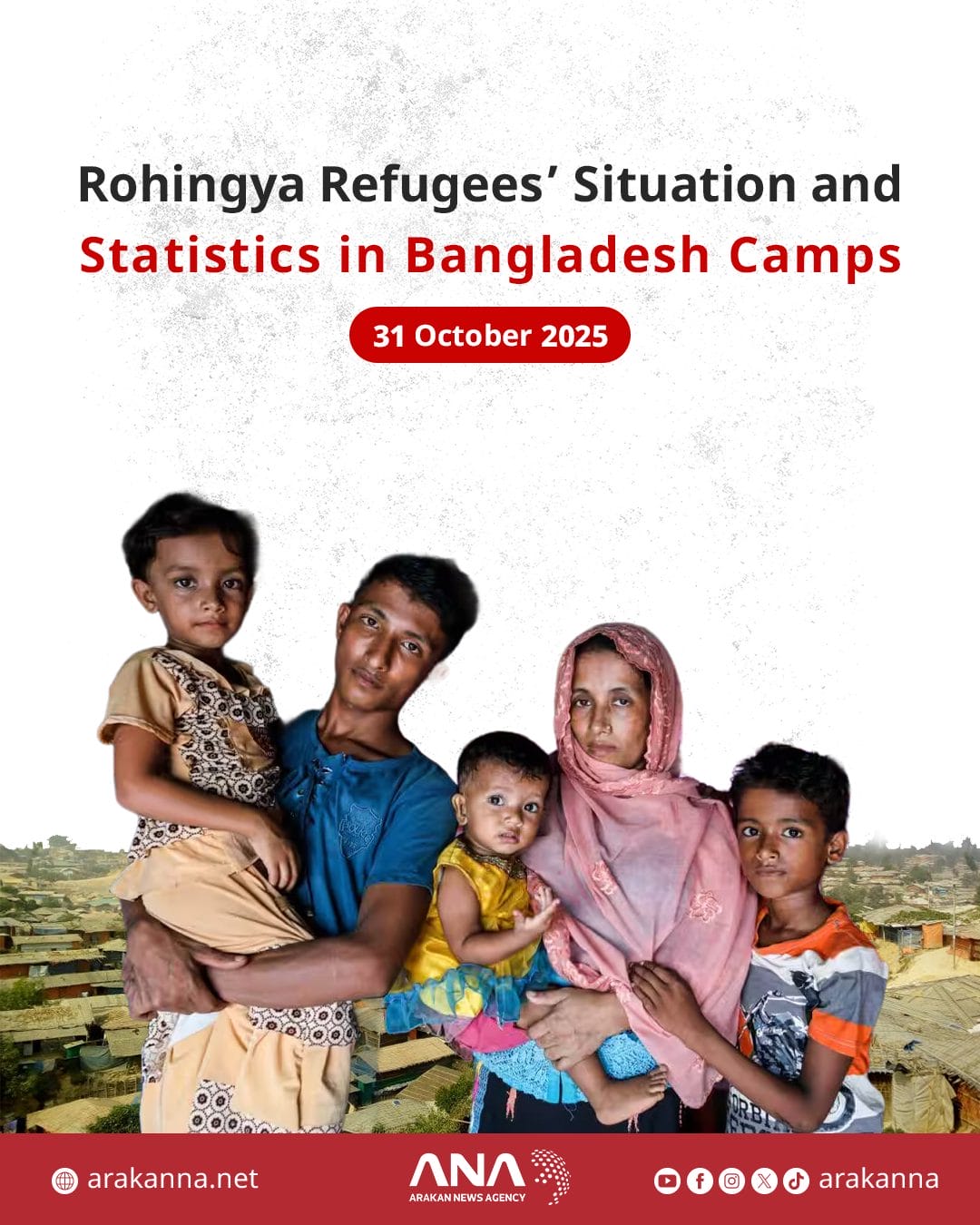Arakan News Agency | Exclusive
Sources in Sittwe, capital of Arakan state in western Myanmar, confirmed that residents and displaced people alike are suffering severely from extreme hunger due to job shortages and rising prices caused by the conflict and restrictions imposed by the Myanmar military, which has led to increased crime rates.
The Arakan News Agency correspondent explained that the Myanmar military, which controls the city, deliberately imposes further hardships on the population. The current conditions in the city have led to an increase in smuggling and theft crimes, as well as worsening famine conditions among residents and displaced persons, most of whom are Rohingya.
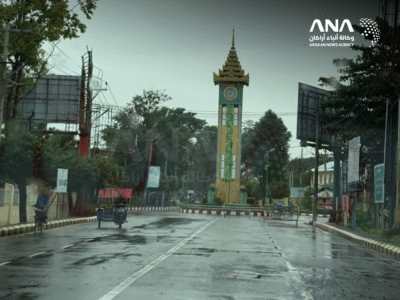
A local activist said that very few live adequately in Sittwe, those being close to the ruling military council controlling the city, while most residents and displaced people live in a state of famine, pushing some to theft or even suicide at times.
The activist confirmed to Arakan News Agency that the military council currently ruling Sittwe is primarily responsible for the various difficulties faced by the people of Sittwe, and that it deliberately works on plans to cause hardships for the residents and displaced individuals.
On June 29th, a family of five from the Rakhine community in Sittwe committed suicide due to severe hunger. Eyewitnesses confirmed that the parents poisoned their children then hanged themselves.
The Myanmar military prevents residents of Sittwe from leaving it entirely or going out to sea for fishing in search of food or livelihood. Additionally, residents of about 20 villages have been expelled from Sittwe and are currently living in monasteries in the city, not allowed to practice agriculture.
Rohingya refugees in Sittwe camps are living in extremely difficult conditions, having not received any food aid from the World Food Program WFP for nearly a year. The food shortage has affected their mental health, leading many to depression and driving them to suicide.
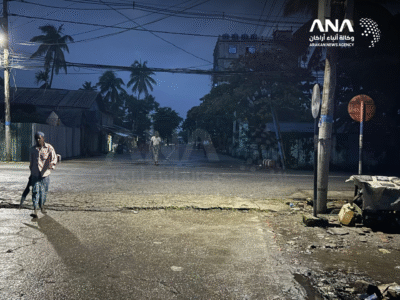
In recent months, food shortage led a Rohingya family in Sittwe to attempt suicide after days of continuous hunger, having nothing to eat but boiled taro roots and unable to endure the hunger. It also led an elderly man to throw himself in front of a speeding car.
The estimated number of displaced Rohingya in Sittwe is 110,000, living in 16 camps and all suffering from a hunger crisis, coupled with the absence of aid distribution, leaving these vulnerable communities without support.
In November 2023, the Arakan Army (separatist) launched a military campaign against the Myanmar military to control Rakhine State, successfully capturing 14 out of 17 towns. The Rohingya are among the most affected groups by this conflict, having faced violence, persecution, displacement, and forced recruitment from both sides.


